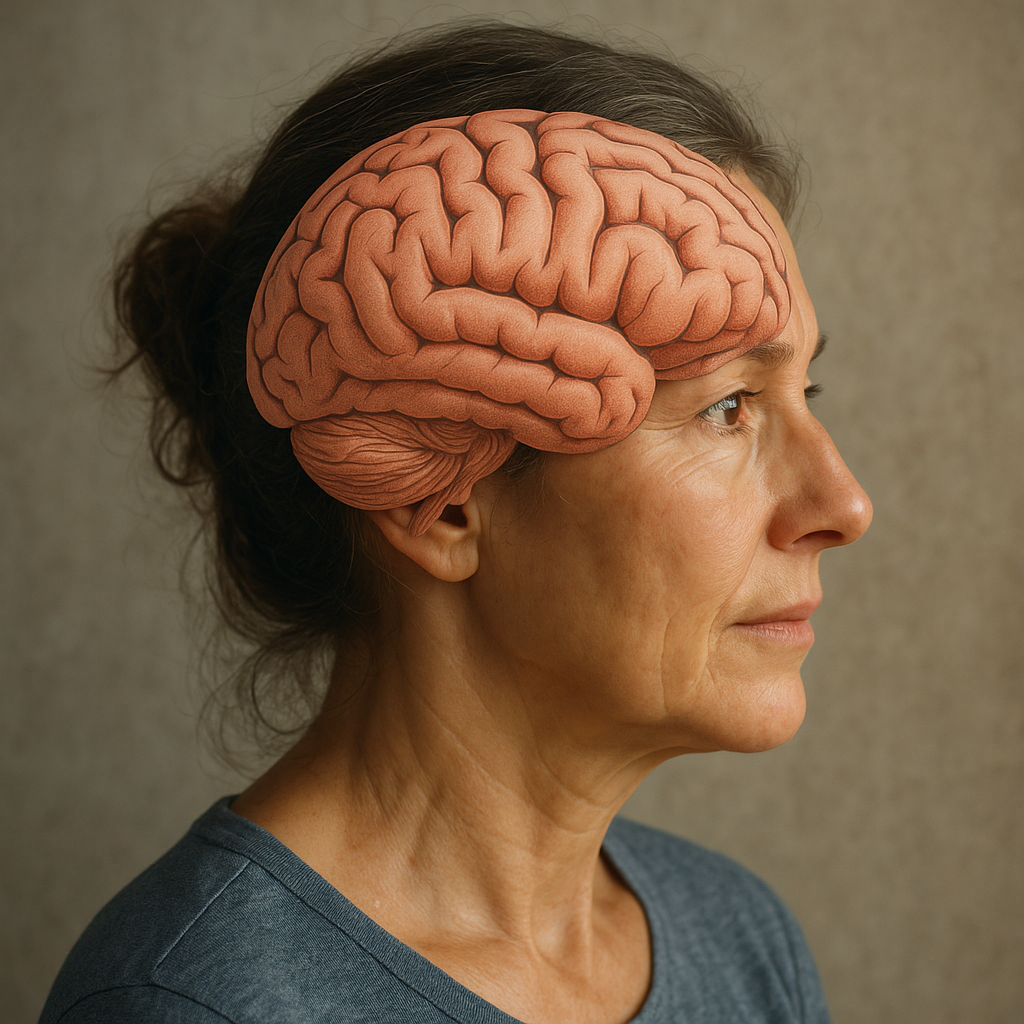Cognitive Health: Longevity Experts on Preserving and Enhancing the Aging Brain
Cognitive decline is one of the most feared aspects of aging. Yet leading longevity experts agree: while genetics matter, lifestyle choices and cutting-edge science can dramatically shape how well our brains perform as we age. From sleep quality to metabolic health, from fasting protocols to strength training, research reveals actionable steps to keep our minds sharp well into later life.

Cognitive decline is one of the most feared aspects of aging. Yet leading longevity experts agree: while genetics matter, lifestyle choices and cutting-edge science can dramatically shape how well our brains perform as we age. From sleep quality to metabolic health, from fasting protocols to strength training, research reveals actionable steps to keep our minds sharp well into later life.
Here’s what today’s top voices in longevity recommend for sustaining cognitive health.
David Sinclair: Resetting the Aging Clock
Harvard geneticist David Sinclair is pioneering epigenetic reprogramming research, suggesting that cellular “resetting” may one day reverse cognitive decline. While human applications are still in early stages, Sinclair offers practical tools now.
Actionable Steps Inspired by Sinclair
- Support your brain’s NAD+ levels with daily exercise and quality sleep (he often highlights these as more impactful than supplements).
- Reduce sugar intake to avoid metabolic stress on neurons.
- Consider intermittent fasting to trigger cellular repair pathways.
Valter Longo: Fasting for Brain Resilience
Valter Longo developed the Fasting-Mimicking Diet (FMD), shown to trigger autophagy and reduce inflammation — both critical for brain health.
Actionable Steps Inspired by Longo
- Try a 12–14 hour overnight fast most days (e.g., finish dinner by 7 PM, eat breakfast at 9 AM).
- Experiment with periodic 3–5 day FMD cycles under medical guidance.
- Focus on a primarily plant-forward diet with moderate protein and healthy fats to reduce neuroinflammation.
Anne Brunet & Cynthia Kenyon: The Genetics of Brain Aging
Anne Brunet and Cynthia Kenyon highlight genetic pathways like FOXO and insulin signaling that influence resilience and cognitive decline.
Actionable Steps Inspired by Brunet & Kenyon
- Engage in regular aerobic exercise — proven to activate FOXO pathways that protect neurons.
- Maintain stable blood sugar through balanced meals, limiting processed carbs and sugars.
- Incorporate stress-reducing practices (meditation, yoga, breathwork), since stress hormones can disrupt longevity pathways.
Peter Attia: Precision Prevention
Peter Attia emphasizes proactive Alzheimer’s prevention, especially for those with higher genetic risk. He highlights metabolic health, physical fitness, and personalized screening.
Actionable Steps Inspired by Attia
- Strength train at least 2–3 times per week; prioritize grip strength, VO2 max, and stability.
- Track biomarkers like fasting glucose, lipids, and APOE status if family history of dementia exists.
- Aim for at least 150 minutes of zone 2 cardio weekly to improve brain oxygen delivery.
Nathan Price: Data-Driven “Scientific Wellness”
Nathan Price promotes integrating genetic, metabolic, and lifestyle data to personalize brain health strategies.
Actionable Steps Inspired by Price
- Get baseline testing: blood sugar, inflammatory markers (hsCRP), lipids, and sleep data from wearables.
- Use these metrics to guide adjustments in diet, exercise, or stress management.
- Re-test regularly (quarterly or annually) to detect early trends before decline sets in.
Eric Topol: Lessons from Super-Agers
Eric Topol’s research on “super-agers” shows lifestyle is more powerful than genes.
Actionable Steps Inspired by Topol
- Lift weights 2–3 times weekly to maintain muscle mass and protect brain health.
- Adopt a Mediterranean-style diet rich in olive oil, vegetables, fish, and legumes.
- Cultivate social engagement — join a club, volunteer, or spend regular time with friends.
- Keep your brain active with continuous learning (languages, music, or puzzles).
Gary Small: Sleep as a Brain Protector
Gary Small emphasizes sleep as a cornerstone of cognitive longevity.
Actionable Steps Inspired by Small
- Maintain a consistent bedtime/wake time — even on weekends.
- Aim for 7–8 hours of high-quality sleep by darkening the room and avoiding screens 1 hour before bed.
- Use relaxation techniques (deep breathing, meditation) if stress interferes with sleep.
- Limit alcohol, which disrupts restorative sleep cycles.
Key Takeaways for Cognitive Longevity
- Exercise & Strength Training: Resistance + aerobic exercise protect memory and executive function (Attia, Topol).
- Fasting & Metabolic Health: Daily fasting windows and periodic FMD cycles improve brain resilience (Longo, Sinclair).
- Sleep Optimization: Consistent, restorative sleep reduces amyloid buildup and supports learning (Small).
- Personalized Prevention: Use biomarkers and testing to guide your interventions (Price).
- Mindset & Social Engagement: Optimism, education, and meaningful relationships enhance cognitive resilience (Topol).
- Future Outlook: Epigenetic reprogramming may one day reverse brain aging (Sinclair, Brunet).
Conclusion
The path to long-lasting cognitive health isn’t hidden in the lab — it’s available in daily choices. Exercise, diet, sleep, and social connection create a strong foundation, while advanced tools like biomarker testing and epigenetic insights point to an even brighter future. The longevity experts show us that keeping the brain young is about combining practical lifestyle habits today with emerging science for tomorrow
